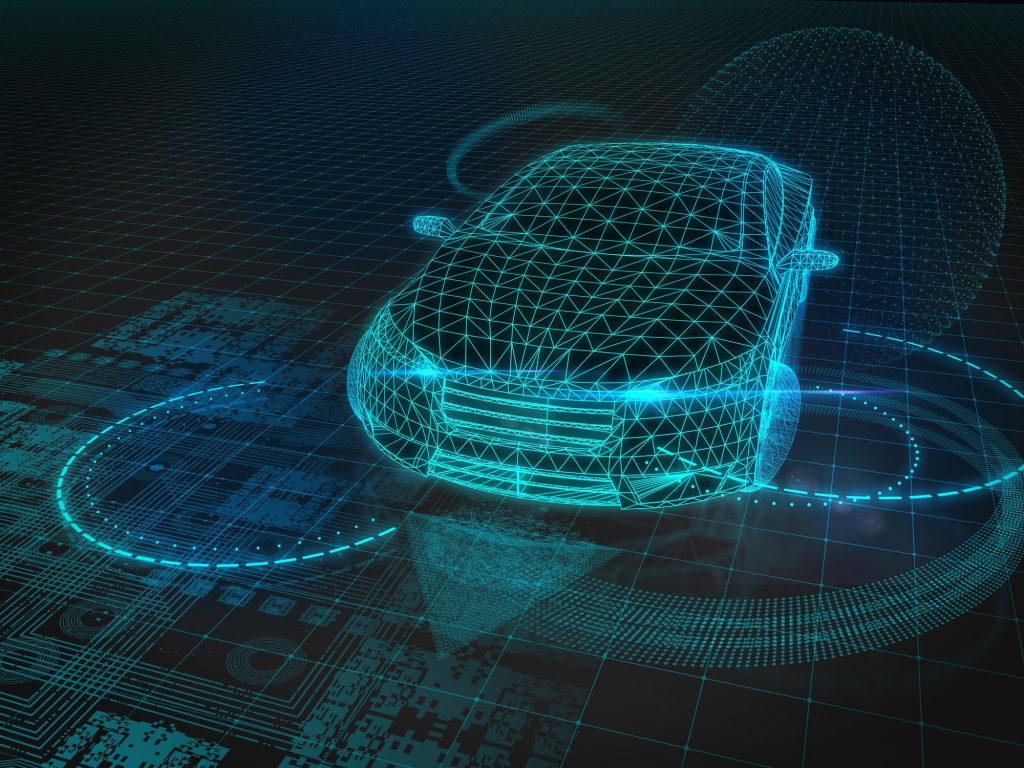
Technology is tremendously transforming the automotive sector. From developments in forward emergency braking in posh cars to green technology, innovation is changing the entire industry. According to manufacturers, automobile automation should arrive by 2020 if not earlier.
As of mid-2015, popular carmakers such as Ford, Nissan, NASA, Tesla, and Google have always had a project in the pipeline. Persistent rumors have it that Apple is contemplating joining the fray.
So what does the future hold for the automotive industry? Can automated cars replace human driven cars? Perhaps looking at the pros and cons of each will help us answer that million-dollar question.
Automated Cars
Pros
Efficient transportation
In the big cities, traffic gets worse by the day. The combination of taxis, public transportation, and personal vehicles creates mayhem. The IBI Group reports that autonomous vehicles will not only decrease auto ownership but will also improve public transportation thus ensuring transport is more efficient.
Traffic safety improvements
According to a study, 90% of accidents are as a result of driver error. 20 – 30% of the accidents are attributed to distracted driving. According to a report by the IBI, driverless cars will bring down the severity of 90% of all accidents. When the cars arrive, many manufacturers opine that they’ll reduce traffic related fatalities and collisions drastically.
Ample space for public, retail, and housing areas
Cars take up roughly 1,300 square feet in terms of parking. Averagely, automobiles are usually parked 95% of the time. Just think about the huge number of parking lanes, parking lots and parking garages in cities …
According to many reports on autonomous cars, users would summon them only for short trips around town. Unlike the human driven cars, shared cars will always be on the move throughout the day picking and dropping folks. That means that there won’t be need for parking which in turn save vast amounts of space.
Cons
Urban sprawl
The fact that automated cars will be reliable and accessible means that people will purchase their own rather than utilizing sharing services which dill encourages further urban sprawl.
Anti-robot backlash
Convincing folks that driverless cars and AI are better and safe compared to the human driven ones is an area of concern. In fact, in most countries, driverless cars continue to face backlash even prior to their arrival.
More wear, tear, congestion and vehicles
Since many people will prefer automated cars to public transport, it means that they’ll accumulated plenty of mileage, which might lead to more breakdowns, wear and tear.
Human Driven Cars
Pros
Highly affordable
Compared to the self-driving cars, human driven cars are pocket friendly. Chances are high that the automated cars, once they arrive, won’t be within the price range of a good number of ordinary people.
Source of employment
The other advantage of human driven cars is that they employ a huge number of people. The arrival of autonomous cars means that taxi drivers and truck drivers will lose their jobs.
Not susceptible to hacking
With the cars of the future, they’re susceptible to hacking. Hackers can find their way into the car’s software and affect its functionality. When such a thing happens, it can cause such a serious security worry.
Cons
Human drivers get distracted
Unfortunately, most drivers easily get distracted while on the road thus endangering the lives of others. Some drivers mess the radio, make calls, text etc. Resisting these urges can be hard. Automated cars won’t struggle with such temptations.
Humans have a short attention span
If you’re to avoid an accident, you must be very fast in terms of your reactions. You must be aware constantly of everything around you. The average attention span for human is 8.25 seconds. Fortunately, self-driving cars will not have to grapple with this issue.
